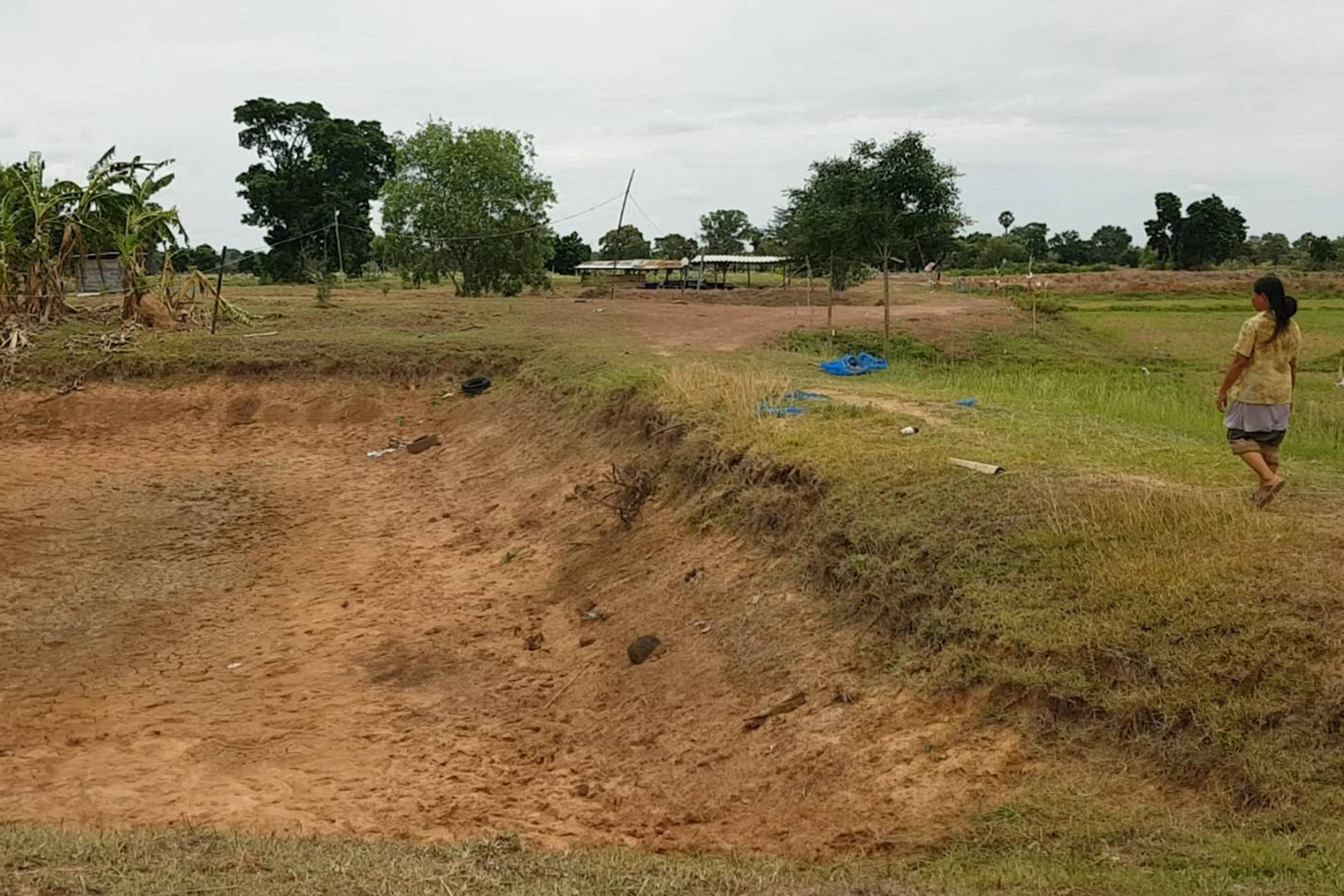
Farmers in the Chao Phraya River basin might be told to skip non-seasonal rice plantation next year due to a scarce amount of water going to the four major dams supporting people in the Central region.
The Office of National Water Resources has placed its hope on at least one storm to fill the dams to help them continue non-seasonal rice plantation.
Samroeng Sangphuwong, deputy secretary-general of the Office of the National Water Resources and chief of the Ad-Hoc Crisis Centre, said the amount of water going into the dams is small compared with last year.
It means that there is not enough water to feed non-seasonal rice plantation and they should change to crops that require less water consumption.
"We are considering the possibility of suspending rice plantation for early next year if no storm hits the country.
"By that time, we just have enough water for consumption only, not for rice," he said.
Only one-fifth of the expected water volume has run to the four main dams, which are Bhumibol dam in Tak province, Sirikit dam in Uttaradit, Kwai Noi Bamrung Dan dam in Phitsanulok and Pasak Jolasid dam in Lop Buri province.
However, he added that it might not get to that crisis point if at least one storm hits the country, which is likely to happen in August or September.
Meanwhile, Royal Irrigation Department (RID) director-general Thongplew Kongjun yesterday assured there would be adequate supplies of water for household consumption and farming if all parties strictly comply with its water management plan.
The RID chief said even though the water levels in the four major dams are currently low with a combined volume of 1.18 billion cubic metres of water, they would not run dry in 40 days as feared, he said.
The overall water discharge of the four reservoirs is 42.6m³ of water, compared with 18m³ of water in 2015, he said.
He stressed the water situation is much better than 2015 when the water crisis wreaked havoc, forcing the department to stop supplying water to the agricultural sector to spare water for household consumption.
Mr Thongplew said communities in the irrigation zones need not worry about a water shortage but all sides would have to use water sparingly to ensure there are enough supplies.
